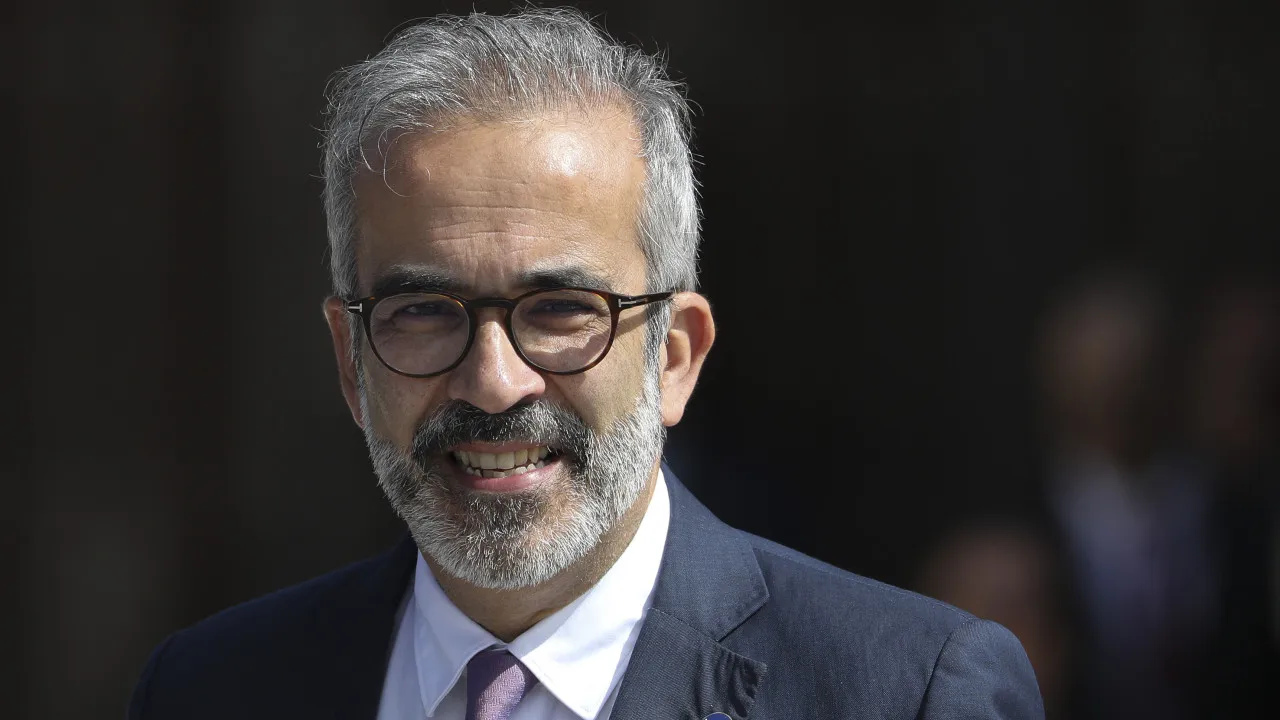
Portugal, ranked 37th globally, stands out in infrastructure and government efficiency, despite facing business and economic challenges, according to the Porto Business School (PBS).
Data released today by the IMD – Institute for Management Development, in collaboration with PBS, shows that Portugal dropped one position in this ranking, remaining ahead of countries like Spain (39th) or Italy (43rd).
The ranking, which assesses 69 economies, is led by Switzerland, followed by Singapore and Hong Kong.
Regarding infrastructure alone, Portugal ranks 25th, the country’s best performance among the analyzed factors in this assessment.
Contributing to this ranking is the stability in education results (21st), benefiting from “optimization in basic and scientific infrastructures.”
Conversely, Portugal ranks 61st in food waste and 56th in the dependency ratio.
In terms of government efficiency, Portugal rose six positions, now standing at 35th, with improvements in public finances, fiscal policy, institutional framework, and business legislation.
“The country stands out for foreign investors’ confidence and having a freely elected government (both ranked 1st). Weaknesses include a heavy real tax burden on individuals (66th) and the justice system (59th),” it added.
Concerning business efficiency and economic performance, Portugal fell from 39th to 42nd position.
This assessment also highlighted the main factors making Portugal attractive for investment, including the availability of skilled labor, infrastructure reliability, competitive costs, and the high educational level of the population, while fiscal policy appears as the least attractive factor.
The IMD and PBS also identified strategic challenges for Portugal, such as the need to diversify the economy to reduce dependency on tourism, enhance education in digital technologies, management, and green transition, reform public services, and revise bankruptcy and business restructuring laws.




